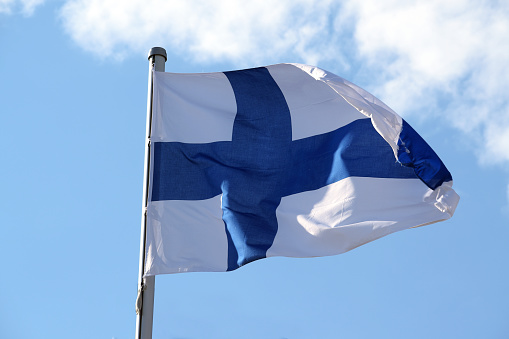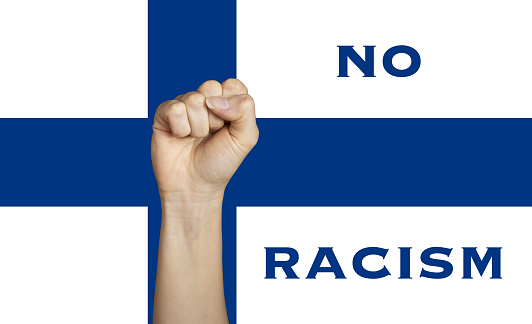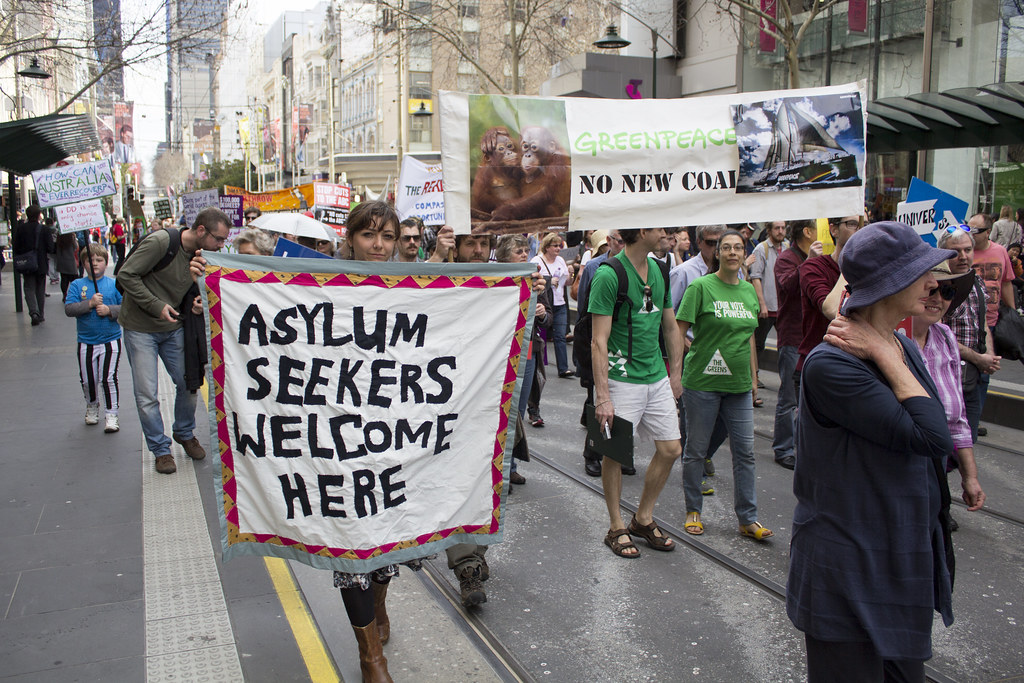The Committee questions the rights of the Sámi people, intersex persons and asylum seekers residing within Finland
Published on 29 Mar 2021, 12:00 AM
Human Rights Committee - 131st Session - March 2021

On March 2nd, 3rd and 4th of 2021, the seventh periodic report of Finland was considered by the Human Rights Committee during the online session. Key issues such as the impact of COVID-19 on the protection of civil and political rights; the rights of transgender and intersex persons; the issues of racism and discrimination; the rights of the Sámi indigenous people and the treatment of asylum seekers and migrants were discussed.
The head of the Finland Delegation, Ms. Oinonen set about the review by noting that her Government was committed to building a tolerant and equitable society in which fundamental and human rights were universally respected and protected. She recalled the country’s preparing of the third National Action Plan on Fundamental and Human Rights, which improved impact assessments and the decision-making processes with human rights-related issues.
The Head of Delegation stated that the Government of Finland had invoked their Emergency Powers in March 2020 in response to the COVID-19 pandemic, this was done by imposing restrictions on the freedom of movement and by making provisions within social assistance, education and health care. According to Finland, they failed to inform the Secretary-General of the United Nations of these emergency measures, as they believed that these measures did not amount to derogations from the covenant.
However, Ms Oinonen revealed that Finland had recently been making efforts on combatting corruption through the implementation of a strategy and action plan in tackling economic crime and improving transparency. Additionally, efforts have been made in combatting the trafficking of persons and amending the Non-Discrimination Act, in order to combat racism and discrimination.
Transgender & Intersex persons

The Committee indicated that they have received reports that transsexualism remains to be classified as a mental disorder and is defined in a binary fashion – so that transsexual persons could not claim to neither of the established genders. Furthermore, that the procedures for changing the gender identity in Finland remain to be time-consuming and discriminatory in fashion.
Moreover, the rights of children have also infringed on as transgender children have been excluded from the Trans Act, instead of being protected as vulnerable group. There have also been several reports that demonstrate that medical operations have been performed on intersex children without their consent on the basis of social reasons rather than medical ones.
Finland’s Delegation responded by stating that the persons in charge of the Helsinki University hospital have assured them that no surgery or non-medical procedures have been performed on intersex children without their consent or without a motivated medical reason for the surgery. There has also been progress by instituting a working group to tackle these issues concerning intersex children and that these working groups will include representatives from the necessary NGO’s and associations of parents of intersex children.
The Sámi people
 In Finland, the Sámi population is approximately 10 500 strong.
In Finland, the Sámi population is approximately 10 500 strong.
The Committee reminded Finland that they have been engaging on the issue of Sámi rights for almost 18 years now and that Finland has yet to ratify the ILO Convention No.169 for the Labour Organisation and Indigenous and Tribal Peoples Convention. Additionally, questions as to what Finland has done to ensure that the rights of Sámi people, their traditional livelihoods and the protection of their salmon fishing culture, are being adequately protected. The Committee questioned the Delegation as to how they have ensured that the development projects undertaken by Finland do not affect the cultural, environmental and social rights of the Sámi people and what these impact assessments for the subsequent projects contain.
The Delegation are said to be still studying the possibility in ratifying the ILO Convention 169 and have been engaged in constructive dialogue with the Sámi Parliament concerning the establishment of a Truth and Reconciliation Commission since 2017. This Commission would readdress the historical and ongoing discrimination, the trust issues between the two governments and increase awareness of the Sámi rights, culture and language. Furthermore, the delegation stated that the impact of mining on the Sámi population has been taken into account in the Mining Act and that there are specific procedures that would need to be complied with, before mining is able to be done in Sámi areas. The government has also set up a working group, including various Sámi stakeholders, to prepare amendments to the Mining Act and to ensure the Sámi parliament is informed of all the decisions made concerning their respective areas.
Racism & Discrimination

The concerns of hate speech are regularly expressed by the United Nations bodies when examining the human rights situation in Finland. These issues have been addressed since their Universal Periodic Review in 2017, where the issues are identical to those expressed in this periodic report. The Committee stated that they would appreciate an update on the status of the project which aimed at combatting anti-Semitism, Islamophobia and other related hate speech.
The Delegation reminded the Committee that hate crimes, including hate speech are prosecutable offences under domestic legislation. And that when this crime is motivated by racial discrimination, these are considered as aggravating factors that are considered in sentencing. The Delegation does admit that even though the Non-Discrimination Act has raised awareness towards the issue - that it has not been adequately enforced due to the lack of implementation. Thus, the Delegation have assured the Committee that consultations are being had in order to implement various policy measures such as victim support services and impact assessments that would be necessary. The Committee has been guaranteed that this is an ongoing project.
Treatment of Asylum seekers

The Committee commended the efforts of Finland in improving access to identity documents under international protection and their legal aid scheme for Asylum seekers. Yet, questions were raised as to whether asylum seekers were informed of their rights in a language they understood or in writing, how are they identified and what further legal support do they receive beyond the scope of what Finland is providing rights now. Furthermore, the Committee have understood that there are new restrictions on repeat applications and would like to understand how Finland has maintained the non-refoulement principle in light of this.
The Delegation came back and stated that asylum seekers received general legal counselling according to the Aliens Act. That these applications were dealt with by the Finnish Immigration Services, who are specifically trained to deal with these issues. Assurances have been made that asylum seekers that have submitted an unsuccessful application, have the chance to re-submit a second application on the basis of new grounds. Finland also maintains that when a deportation order is received against an asylum seeker, that this is submitted to an international human rights body that in turn assesses all relevant factors. The government has vowed to follow up upon recommendations received by the Committee, pertaining to the legal aid supplied to asylum seekers.
Recommendations of the Human Rights Committee
You can find the Concluding Observations here.






